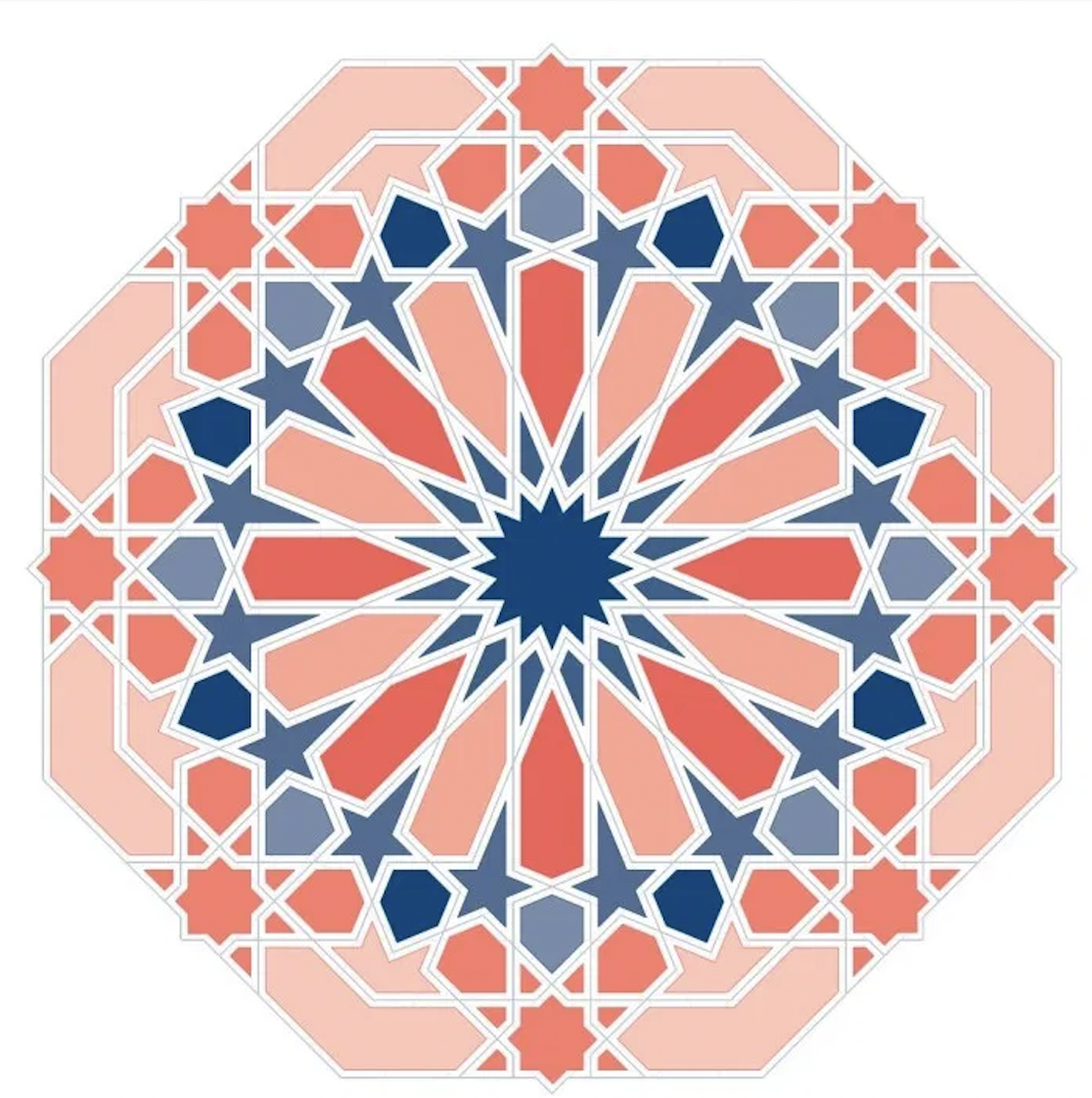Featured Posts

Muhammad Kaba - the most famous Muslim in Jamaica?
The most famous Muslim in Jamaica was known as Muhammad Kaba, born in 1756. He was from a wealthy family in Sengambia and was very well-educated. His name was changed to Robert Tuffit and even at 78 years-old he still said Islam had a special place in his heart.

‘Track Record’ by George the Poet: A Grass Roots Review
George Mpanga, more popularly known as George the Poet, grew up on the St Raphael’s Estate in Brent, North West London. And this is where his story starts; his home is central to his narrative, development and personal growth.
John Barnes: ‘The Uncomfortable Truth About Racism’ Book Review
In John Barnes recent book, ‘The Uncomfortable Truth About Racism’ he unapologetically gives his thoughts and beliefs about the causes, effects and solutions for racism in society. Barnes’ book is part-autobiography and part-strategy on dealing with racism at a deeper and more conscious level.

‘Turks, Moors and Englishmen in the Age of Discovery’ Book Review
Professor Nabil Matar’s enlightening book ‘Turks, Moors and Englishmen in the Age of Discovery’ challenges Islamophobic narratives of Muslims in the 16th to 19th centuries, as well as negative perceptions of native Americans.
Aurangzeb: Islamophobic hate figure
Despite Aurangzeb’s leadership qualities and military prowess (he was first Indian ruler to bring the whole of the subcontinent under centralised control), he is vilified for being a Muslim ‘fundamentalist’, anti-Hindu and an all-round unlikable person. In ‘The Anarchy’, William Dalrymple describes Aurangzeb as being an “unusually cold, ruthless and unpleasant character.” Renowned historian, Audrey Truschke in her book, ‘Aurangzeb: The Life and Legacy of India’s Most Controversial King’ turns this narrative on its head and writes about a man of moral character, piety and justice; despite his many flaws.

Lost Islamic Histories: Book review
Lost Islamic Histories by Firas Alkhateeb gives a simple holistic overview of the history of Islamic empires from the Prophet Muhammad’s time until the twentieth century.

From Indo-Pakistan to Trinidad: The story of roti
Trinidadian Roti interestingly originated in Indo-Pakistan. Roti (rotee) is the Urdu/Hindi word for bread. It comes from the northern part of the Indian subcontinent which historically had a large Muslim population and was the centre of Mughal rule.




A female-led whirling dervish group based in Afghanistan, is reclaiming the country’s deep-rooted Sufi heritage.